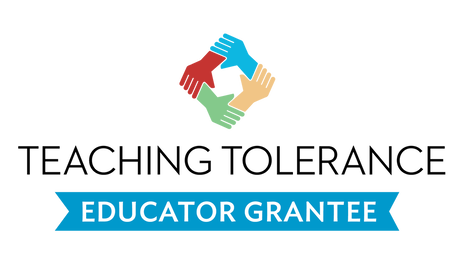Mission Statement (August 2020):
We believe that all white educators must participate in the dismantling of white supremacy in our schools. Due to the historic failure of white educators to undertake substantive antiracist work, we wish to emphasize that it is not the responsibility solely of Black, Brown and Indigenous educators to challenge white supremacy. It is the responsibility of white people -- those who benefit from white supremacy every day -- to do this work. To effectively engage in collective action in solidarity with our Black, Brown, Indigenous, and Asian students and colleagues, we need to consistently study and reflect on our identity and place in this system. This group pushes and equips white educators to continuously address their own unconscious biases and take an active role in fighting white supremacy in our schools, communities, and in ourselves. Through this work we can participate in the ongoing work of building an anti-racist system that fully nurtures the social, emotional, and academic well-being of our students, as well as the professional well-being of our colleagues. Our Reading and Inquiry Series provides a monthly set of tools for learning, introspection, and action related to issues of racism in our schools, classrooms, and communities.
We have an accountability relationship with the Melanated Educators Collective in Philadelphia. We are supported by a grant from Teaching Tolerance.
We believe that all white educators must participate in the dismantling of white supremacy in our schools. Due to the historic failure of white educators to undertake substantive antiracist work, we wish to emphasize that it is not the responsibility solely of Black, Brown and Indigenous educators to challenge white supremacy. It is the responsibility of white people -- those who benefit from white supremacy every day -- to do this work. To effectively engage in collective action in solidarity with our Black, Brown, Indigenous, and Asian students and colleagues, we need to consistently study and reflect on our identity and place in this system. This group pushes and equips white educators to continuously address their own unconscious biases and take an active role in fighting white supremacy in our schools, communities, and in ourselves. Through this work we can participate in the ongoing work of building an anti-racist system that fully nurtures the social, emotional, and academic well-being of our students, as well as the professional well-being of our colleagues. Our Reading and Inquiry Series provides a monthly set of tools for learning, introspection, and action related to issues of racism in our schools, classrooms, and communities.
We have an accountability relationship with the Melanated Educators Collective in Philadelphia. We are supported by a grant from Teaching Tolerance.
